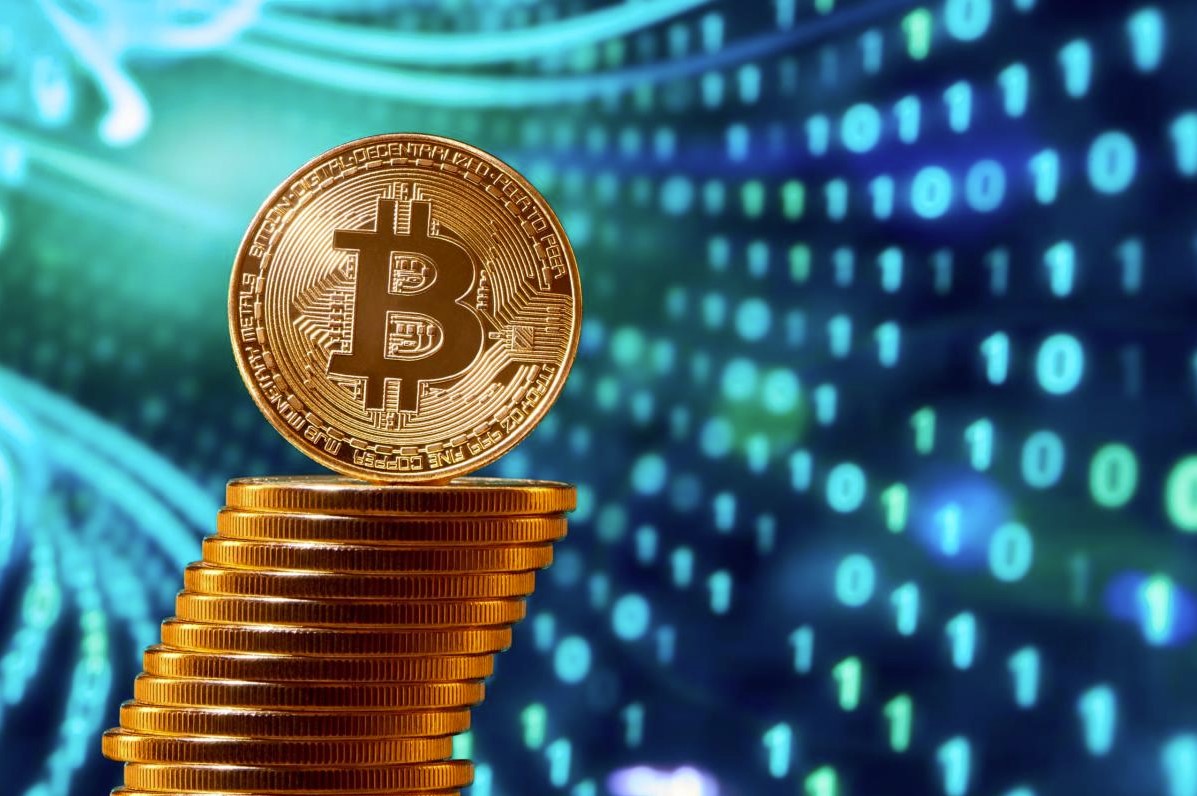
In A Nutshell:
In summary, U.S. inflation impacts Bitcoin by influencing investor behavior, market dynamics, and the broader economic environment. While Bitcoin is often seen as a hedge against inflation, its performance is also tied to interest rates, market sentiment, and its correlation with other financial assets.The relationship between U.S. inflation and Bitcoin is complex and multifaceted. Here are several key ways in which inflation impacts Bitcoin:
Hedge Against Inflation: Bitcoin is often perceived as a hedge against inflation, similar to gold. When inflation rises, the purchasing power of fiat currencies like the U.S. dollar decreases. Investors may turn to Bitcoin as an alternative store of value that is not subject to government monetary policies, thereby increasing demand for Bitcoin during periods of high inflation.
Market Sentiment and Speculation: Rising inflation can lead to increased market volatility and uncertainty in traditional financial markets. This uncertainty can drive speculative investments in assets like Bitcoin. Investors seeking to protect their wealth from the eroding effects of inflation may allocate more of their portfolios to Bitcoin, viewing it as a safe haven asset.
Interest Rates and Monetary Policy: Inflation often prompts central banks, like the Federal Reserve, to raise interest rates to curb rising prices. Higher interest rates can strengthen the U.S. dollar, making Bitcoin more expensive to buy with other currencies. Conversely, when interest rates are low, borrowing is cheaper, and more money flows into speculative investments, including Bitcoin.
Correlation with Traditional Assets: During periods of high inflation, Bitcoin's correlation with traditional financial assets like stocks can increase. This correlation suggests that Bitcoin may not always act as a perfect hedge but instead follow broader market trends. Economic conditions that affect stocks and other assets can similarly impact Bitcoin, especially when investors sell off riskier assets to move into safer ones during economic uncertainty.
Adoption and Utility: Persistent inflation can accelerate the adoption of Bitcoin as both an investment and a transactional currency. For example, in countries experiencing hyperinflation, Bitcoin can become a more stable alternative to the local currency, leading to increased usage and integration into the economy. This increased utility can drive up Bitcoin's price as demand grows.
In summary, U.S. inflation impacts Bitcoin by influencing investor behavior, market dynamics, and the broader economic environment. While Bitcoin is often seen as a hedge against inflation, its performance is also tied to interest rates, market sentiment, and its correlation with other financial assets.